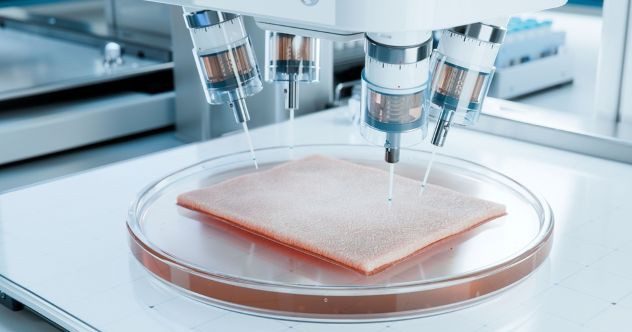Now Reading: Engineered Microbe Successfully Engrafted in Human Gut, Showing Reversible Integration
-
01
Engineered Microbe Successfully Engrafted in Human Gut, Showing Reversible Integration
Engineered Microbe Successfully Engrafted in Human Gut, Showing Reversible Integration
Rapid Summary
- Publication Date: 12 August 2025
- Research Field: Microbiomes, published in Nature Biotechnology.
- key Research Growth: scientists aim to develop engineered microbial therapies capable of reversible colonization in the gut. A new strategy involves programming bacteria to survive on porphyran (seaweed-derived polysaccharide) to ensure colonization and enabling clearance by removing porphyran from the diet.
- Therapeutic Application: A strain named NB1000S has been designed with an oxalate degradation pathway for treating hyperoxaluria, a condition characterized by excessive dietary oxalate absorption leading to kidney stones.
- Experimental Results: In rat studies, it reduced urinary oxalate levels by ~50%.When administered to humanized mice fed a porphyran diet, NB1000S was cleared from five of eight mice after stopping dietary porphyran over four weeks.
indian Opinion Analysis
The research marks a step forward in personalized medicine-especially relevant for countries like India, where kidney stone prevalence is rising due to lifestyle changes and dietary habits. By demonstrating both efficacy and safety mechanisms through engineered gut microbes like NB1000S, this approach could open avenues for treating metabolic disorders cost-effectively if scaled effectively. However, challenges remain in translating such precision therapy into diverse populations like India’s due to genetic variability and access disparities tied closely with infrastructure development. Science-driven innovation complemented by equitable healthcare strategies will be critical for optimizing its impact across societal strata within India.



























